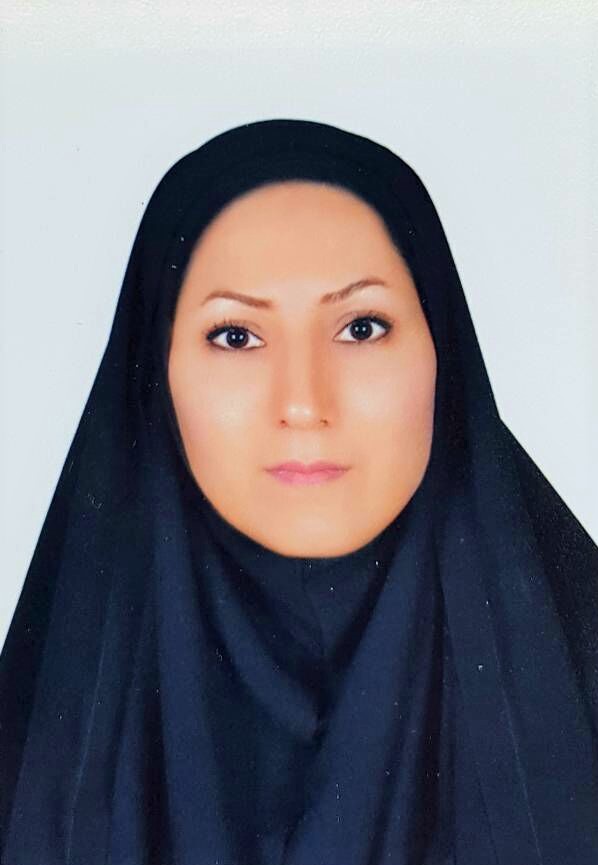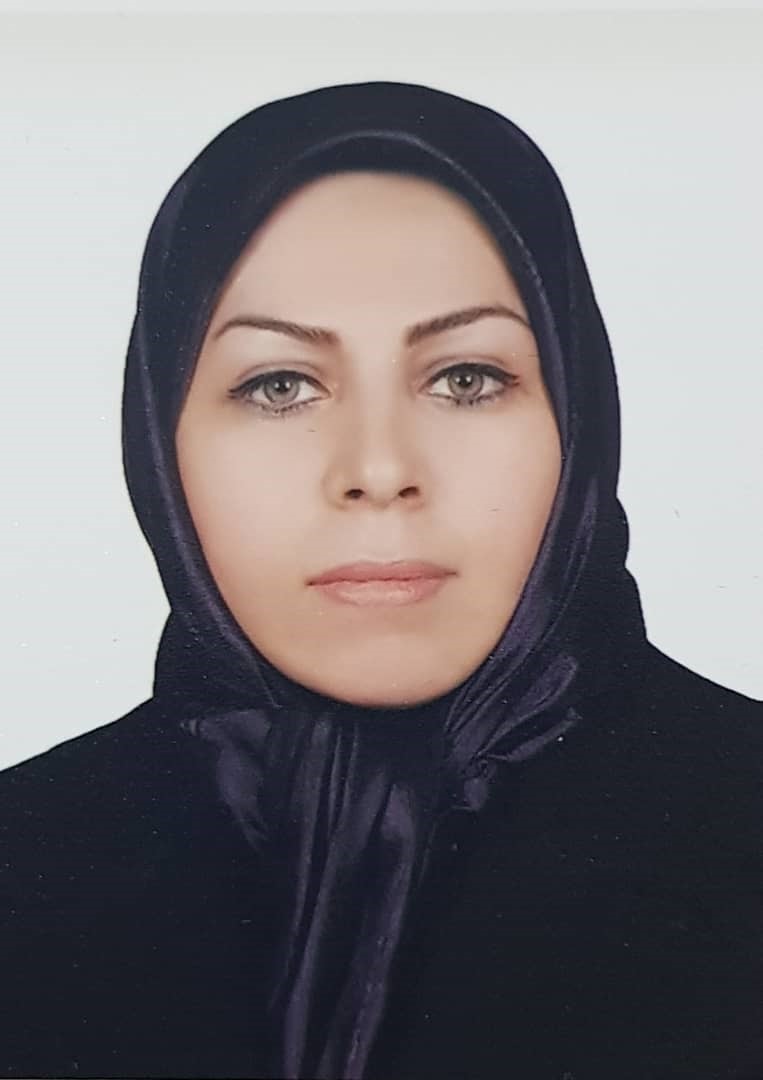The article examines the main elements of Islamic utopia, i.e. the emergence of the savior and the establishment of peace and justice with his arrival all over the world in the poems of poets of the Middle Eastern countries. These elements are drawn from major Islamic sources, namely the Qur'an and the hadiths of the infallible imams. The aim is to identify the elements of Islamic utopia in the poems of Muslim poets of the Middle Eastern countries. To achieve the goal in the course of the study, methods were used such as studying the necessary sources of information, comparing and analyzing the information obtained, and systematizing theoretical data. The materials of the study were the holy Quran and a number of interpretations of the Qur'an and Islamic sources and poems of poets from the Middle East. The usefulness of the article lies in the fact that for the first time the concept of “Islamic utopia” will be equated with the concept of “Middle Eastern utopia”. This follows from the fact that the largest number of Muslims in the world live in the Middle East and after studying the poems of the poets of these Muslim countries, it was proved that the elements of Islamic utopia are evident in many of their poems. The article examines the concepts of utopia and Islamic utopia, the Middle East and Islam, then examines the elements of Islamic utopia in the works of Middle Eastern poets based on the state language of these countries. It turns out that elements of Islamic utopia (in our opinion, elements of a Middle Eastern utopia) are considered in the poems of many Arabic-speaking and Persian-speaking poets, and in Turkish-speaking countries, few poets have turned to Islamic utopia. Apparently, we can say with confidence that the elements of an Islamic utopia are the same elements of a Middle Eastern utopia.
Keywords: Islam, Middle Eastern Utopia, Islamic Utopia, Elements of Utopia, Poem, Arabic, Persian, Turkish
DOI: 10.22250/20728662_2022_1_82
About the authors








